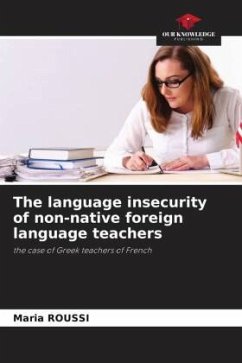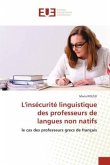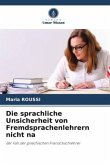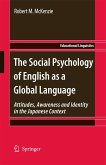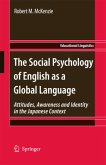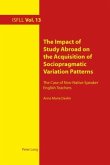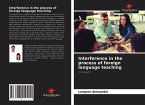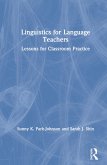The notion of language insecurity has been regularly explored since the 1960s: research was initially centered around pronunciation issues in different social settings; then a framework of analysis was organized around the so-called "peripheral" French-speaking communities; finally, it was addressed in plurilingual contexts.The present research examines the notion of language insecurity as it is experienced by non-native teachers of foreign languages, and in particular Greek teachers of French. This socio-professional group plays a leading role in language diffusion: the challenge is to find ways to mitigate the possible negative effects of language insecurity inherent in their professional context. To this end, we constructed a corpus for a qualitative study. The methodology chosen was that of individual, semi-directed interviews, allowing respondents with diverse profiles in terms of age, gender, education, location and professional context, to express themselves on their conception of language insecurity and on the strategies mobilized to cope with it.
Bitte wählen Sie Ihr Anliegen aus.
Rechnungen
Retourenschein anfordern
Bestellstatus
Storno

